
漢德百科全書 | 汉德百科全书
 约阿希姆·高克
约阿希姆·高克
 阿列克西斯·齐普拉斯
阿列克西斯·齐普拉斯
 安格娜·默克尔
安格娜·默克尔
 安东尼奥·古特雷斯
安东尼奥·古特雷斯
 潘基文
潘基文

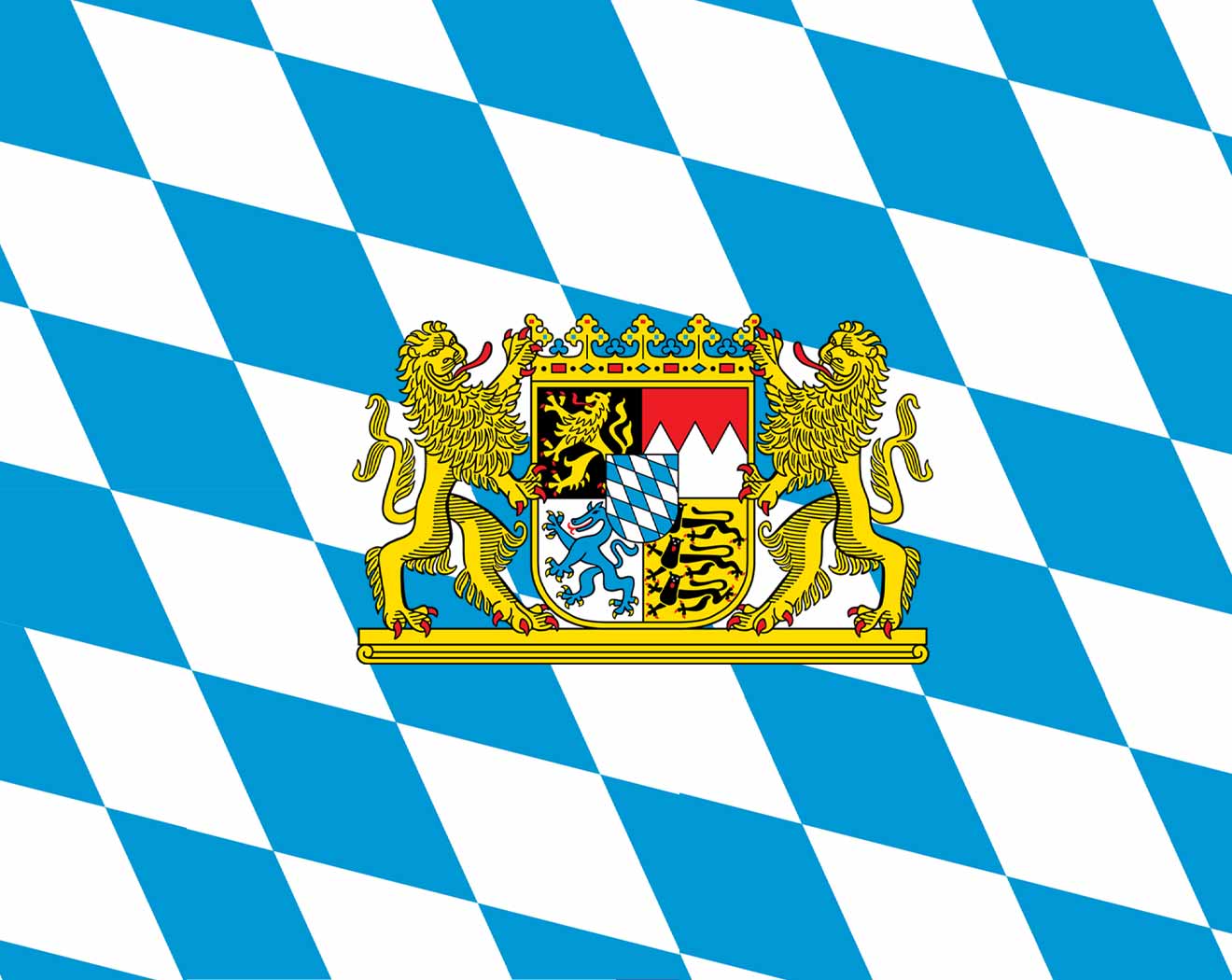 巴伐利亚州
巴伐利亚州
 鲍里斯·约翰逊
鲍里斯·约翰逊
 戴维·卡梅伦
戴维·卡梅伦
 联邦德国
联邦德国
 唐纳德·图斯克
唐纳德·图斯克
 埃马纽埃尔·马克龙
埃马纽埃尔·马克龙
 赫尔穆特·施密特
赫尔穆特·施密特
 哈维尔·索拉纳
哈维尔·索拉纳
 延斯·斯托尔滕贝格
延斯·斯托尔滕贝格
 约阿希姆·高克
约阿希姆·高克
 乔·拜登
乔·拜登
 科菲·安南
科菲·安南

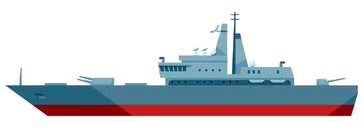
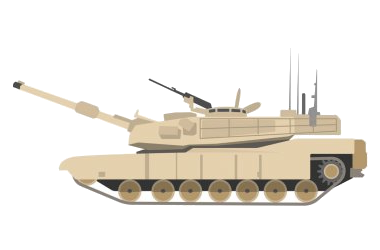
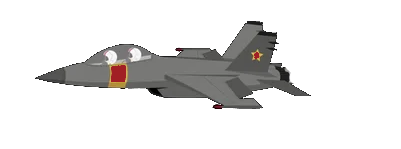
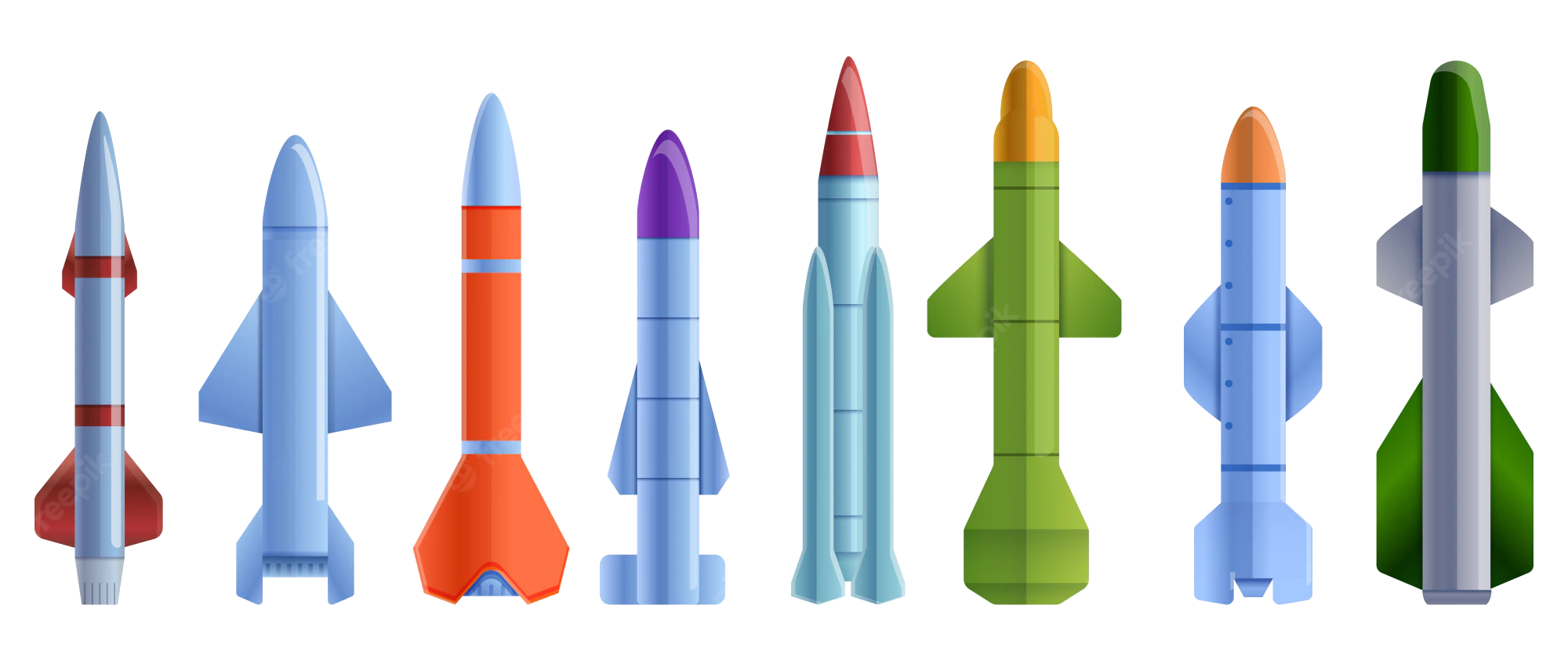 军事、国防和装备
军事、国防和装备
 尼古拉·萨科齐
尼古拉·萨科齐
 奥拉夫·绍尔茨
奥拉夫·绍尔茨
 欧洲安全与合作组织
欧洲安全与合作组织
 乌尔苏拉·冯·德·莱恩
乌尔苏拉·冯·德·莱恩
 瓦勒里·季斯卡·德斯坦
瓦勒里·季斯卡·德斯坦
 弗拉基米尔·弗拉基米罗维奇·普京
弗拉基米尔·弗拉基米罗维奇·普京
 弗拉基米尔·泽连斯基
弗拉基米尔·泽连斯基

慕尼黑安全会议(英語:Munich Security Conference, MSC)自1963年以来召开至今,是有关国际安全政策的年度会议。该会议以前的名称是防御安全会议(德語:Wehrkundetagung)和慕尼黑安全政策会议(德語:Münchner Konferenz für Sicherheitspolitik)。[1] 它是国际上同类会议中规模最大的聚会。
在过去的四十年中,慕尼黑安全会议已成为国际安全政策决策者交换意见的最为重要的独立论坛。每年都有来自70多个国家的约350位高层人士参加会议,就当前和未来的安全挑战展开激烈的辩论。 与会者包括国家、政府和国际组织首脑,部長,国会议员以及武装部队、科学界、公民社团、商界和媒体的高层代表。
Die Münchner Sicherheitskonferenz (englisch Munich Security Conference, MSC) ist eine seit 1963 jährlich im Februar in München stattfindende internationale Tagung, auf der Politiker, Militär- und Wirtschaftsvertreter, Nichtregierungsorganisationen und Experten für sicherheitsrelevante Themen Gespräche außerhalb diplomatischer und protokollarischer Vorgaben führen.[2] Sinn und Zweck ist das Debattieren über aktuelle Themen der Außen-, Sicherheits- und Verteidigungspolitik. Es ist das weltweit größte Treffen seiner Art. Frühere Bezeichnungen sind Wehrkundetagung sowie Münchner Konferenz für Sicherheitspolitik.[3] Tagungsort ist das Hotel Bayerischer Hof. Ausrichter ist die Stiftung Münchner Sicherheitskonferenz (gemeinnützige) GmbH.
ミュンヘン安全保障会議(ミュンヘンあんぜんほしょうかいぎ、英語: Munich Security Conference; MSC)は、1963年から毎年2月にドイツ連邦共和国・ミュンヘンで開催される世界最大規模の安全保障の国際会議。非営利の組織MSC財団が主催。会場はホテルバイリッシャーホフ。
The Munich Security Conference (MSC; German: Münchner Sicherheitskonferenz) is an annual conference on international security policy that has been held in Munich, Bavaria, Germany since 1963. Former names are Wehrkundetagung and Münchner Konferenz für Sicherheitspolitik,[1] the motto is: Peace through Dialogue.[2] It is the world's largest gathering of its kind.
Over the past four decades the Munich Security Conference has become the most important independent forum for the exchange of views by international security policy decision-makers. Each year it brings together about 350 senior figures from more than 70 countries around the world to engage in an intensive debate on current and future security challenges. The list of attendees includes heads of states, governments and international organizations, ministers, members of parliament, high-ranking representatives of armed forces, science, civil society, as well as business and media.
The conference is held annually in February. The venue is the Hotel Bayerischer Hof in Munich, Bavaria, Germany.
La Conférence de Munich sur la sécurité (allemand: Münchner Sicherheitskonferenz; anciennement connue sous le nom de Wehrkundetagung ou Forum de Munich sur les politiques de défense) est un forum annuel consacré aux questions de sécurité internationale. Il se tient à l'hôtel Bayerischer Hof à Munich (Allemagne).
Le Forum est fondé en 1963 par l'éditeur allemand Ewald-Heinrich von Kleist-Schmenzin sous le nom de Wehrkundetagung (la conférence sur le savoir de la défense)1.
De 1999 à 2008, Horst Teltschik dirige la conférence, suivi par l'ambassadeur Wolfgang Ischinger et, à partir de 2022, par l'ambassadeur Christoph Heusgen.
Cette plate-forme de dialogue permet à des ministres, députés, hauts responsables militaires, scientifiques et représentants des médias d'avoir des échanges informels sur les questions de politique étrangère et de sécurité à laquelle le monde est confronté. Chaque année, les invités des pays membres de l'OTAN, de l'Union européenne et des pays du monde entier débattent en profondeur de leurs positions sur les relations transatlantiques (en) comme sur la sécurité en Europe et dans le monde2.
La 58e conférence sur la sécurité de Munich s'est tenue du 18 au 20 février 2022 à l'hôtel Bayerischer Hof. En raison de la pandémie COVID-19, la conférence a été organisée avec des mesures d'hygiène strictes. Le nombre de participants a notamment été fortement réduit. Parmi les personnes présentes figuraient Olaf Scholz, Volodymyr Zelensky, Kamala Harris, António Guterres et Ursula von der Leyen3. Quelques jours avant le début de l'invasion russe de l'Ukraine, le conflit naissant a dominé de nombreuses discussions lors de la conférence. En outre, un large éventail d'événements ont mis en lumière différents conflits régionaux et ont abordé, entre autres, les domaines de la sécurité humaine; des thèmes tels que la santé mondiale, l'insécurité alimentaire et une perspective de genre dans la politique de sécurité ont été traités.4 À la fin de la manifestation, Wolfgang Ischinger a transmis la présidence de la Conférence de Munich sur la sécurité à son successeur, l'ambassadeur Christoph Heusgen5.
La Conferencia de Seguridad de Múnich (MSC, en inglés: Munich Security Conference, en alemán: Münchner Sicherheitskonferenz) es una conferencia anual sobre política de seguridad internacional que ha tenido lugar en la ciudad alemana de Múnich desde 1963. Su objetivo es debatir los temas de actualidad de la política exterior, de seguridad y de defensa1. Es la reunión de este tipo más grande del mundo, cuyo eslogan es "Peace through Dialog" (paz a través del diálogo).
Durante las últimas décadas, la Conferencia de Seguridad de Múnich se ha convertido en el foro independiente más importante para el intercambio de puntos de vista por parte de los encargados de la toma de decisiones de políticas de seguridad internacional. Cada año reúne a unas 350 figuras de alto nivel de más de 70 países para participar en un intenso debate sobre los desafíos de seguridad actuales y futuros. Políticos, representantes militares y empresariales, organizaciones no gubernamentales y expertos en temas relacionados con la seguridad mantienen debates al margen de las directrices diplomáticas y protocolarias2.
La lista de asistentes incluye jefes de estado, gobiernos y organizaciones internacionales, ministros, parlamentarios, representantes de alto rango de las fuerzas armadas y representantes de organismos científicos y de la sociedad civil, así como empresas y medios de comunicación.
Мюнхенская конференция по безопасности (нем. Münchener Sicherheitskonferenz, англ. Munich Security Conference) — ежегодная международная конференция, которая проводится в Мюнхене (Германия) с февраля 1963 года, на которой политики, военные и представители бизнеса, неправительственные организации и эксперты по вопросам безопасности проводят переговоры вне дипломатических и протокольных требований. Главной целью конференции является обсуждение актуальных вопросов внешней политики, политики безопасности и обороны. Это самая большая в мире конференция по такого рода вопросам. Ранее она называлась Конференцией по военным вопросам (нем. Wehrkundetagung) и Мюнхенская конференция по политике безопасности. Конференция проводится в отеле Байришер Хоф (нем. Hotel Bayerischer Hof). Организатором является Фонд Мюнхенской конференции по безопасности (некоммерческая организация) (нем. die Stiftung Münchner Sicherheitskonferenz (gemeinnützige) GmbH).
Основатель и руководитель до 1998 года — немецкий издатель Эвальд-Генрих фон Клейст-Шменцин. С 1999 года эту роль исполнял бывший советник канцлера Германии Гельмута Коля по внешним и оборонным вопросам Хорст Тельчик. С 2009 года руководство взял на себя Вольфганг Ишингер, а в 2022 году - Кристоф Хойсген.
Участниками форума в первые 30 лет были военные и политические лидеры государств НАТО, политологи и представители СМИ. С 1990-х годов в конференции участвуют представители России и других стран Восточной Европы (с 1995), Китая, Индии, Японии.
 安倍晋三
安倍晋三
 阿列克西斯·齐普拉斯
阿列克西斯·齐普拉斯
 安格娜·默克尔
安格娜·默克尔
 安东尼奥·古特雷斯
安东尼奥·古特雷斯
 克里斯蒂娜·拉加德
克里斯蒂娜·拉加德
 戴维·卡梅伦
戴维·卡梅伦
 迪尔玛·罗塞夫
迪尔玛·罗塞夫
 德米特里·阿纳托利耶维奇·梅德韦杰夫
德米特里·阿纳托利耶维奇·梅德韦杰夫
 唐纳德·特朗普
唐纳德·特朗普
 埃马纽埃尔·马克龙
埃马纽埃尔·马克龙

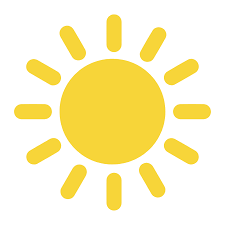 能源
能源
 费利佩·卡尔德龙
费利佩·卡尔德龙
 费利佩六世
费利佩六世

 财政金融
财政金融

 手拉手
手拉手
 哈桑·鲁哈尼
哈桑·鲁哈尼
 雅伊尔·博索纳罗
雅伊尔·博索纳罗
 詹姆斯·戈登·布朗
詹姆斯·戈登·布朗
 让-克洛德·容克
让-克洛德·容克
 金墉
金墉
 约阿希姆·高克
约阿希姆·高克
 乔·拜登
乔·拜登
 何塞·路易斯·罗德里格斯·萨帕特罗
何塞·路易斯·罗德里格斯·萨帕特罗
 胡安·曼努埃尔·桑托斯
胡安·曼努埃尔·桑托斯
 李克强
李克强
 辽宁省-辽
辽宁省-辽
 马里奥·蒙蒂
马里奥·蒙蒂
 马克·吕特
马克·吕特
 毛里西奥·马克里
毛里西奥·马克里
 Naoto Kan
Naoto Kan
 纳伦德拉·莫迪
纳伦德拉·莫迪
 纳尔逊·曼德拉
纳尔逊·曼德拉

 政党和政府组织
政党和政府组织
 *智库
*智库
 保罗·卡加梅
保罗·卡加梅
 彼得·波罗申科
彼得·波罗申科
 雷杰普·塔伊普·埃尔多安
雷杰普·塔伊普·埃尔多安
 瑞士
瑞士
 斯蒂芬·约瑟夫·哈珀
斯蒂芬·约瑟夫·哈珀
 麻生太郎
麻生太郎
 特雷莎·梅
特雷莎·梅
 天津市-津
天津市-津
 乌尔苏拉·冯·德·莱恩
乌尔苏拉·冯·德·莱恩
 温家宝
温家宝

 重要的国际组织
重要的国际组织

 经济和贸易
经济和贸易
 经济与政治研究
经济与政治研究
 弗拉基米尔·弗拉基米罗维奇·普京
弗拉基米尔·弗拉基米罗维奇·普京
 世界经济论坛
世界经济论坛
 克劳斯·施瓦布
克劳斯·施瓦布
 习近平
习近平
 福田康夫
福田康夫

| Year | Dates | Theme |
|---|---|---|
| 1988 | The new state of the world economy | |
| 1989 | Key developments in the 90s: implications for global business | |
| 1990 | Competitive cooperation in a decade of turbulence | |
| 1991 | The new direction for global leadership | |
| 1992 | Global cooperation and megacompetition | |
| 1993 | Rallying all the forces for global recovery | |
| 1994 | Redefining the basic assumptions of the world economy | |
| 1995 | Leadership for challenges beyond growth | |
| 1996 | Sustaining globalization | |
| 1997 | Building the network society | |
| 1998 | Managing volatility and priorities for the 21st century | |
| 1999 | Responsible globality: managing the impact of globalization | |
| 2000 | New beginnings: making a difference | |
| 2001 | 25–30 January | Sustaining growth and bridging the divides: a framework for our global future |
| 2002 | 31 January – 4 February | Leadership in fragile times (held in New York instead of Davos) |
| 2003 | 21–25 January | Building trust |
| 2004 | 21–25 January | Partnering for security and prosperity |
| 2005 | 26–30 January | Taking responsibility for tough choices |
| 2006 | 25–29 January | The creative imperative[61] |
| 2007 | 24–28 January | Shaping the global agenda, the shifting power equation |
| 2008 | 23–27 January | The power of collaborative innovation |
| 2009 | 28 January – 1 February | Shaping the post-crisis world |
| 2010 | 27–30 January | Improve the state of the world: rethink, redesign, rebuild |
| 2011 | 26–30 January | Shared norms for the new reality |
| 2012 | 25–29 January | The great transformation: shaping new models |
| 2013 | 23–27 January | Resilient dynamism[62] |
| 2014 | 22–25 January | The reshaping of the world: consequences for society, politics and business |
| 2015 | 21–24 January | New global context |
| 2016 | 20–23 January | Mastering the fourth industrial revolution |
| 2017 | 17–20 January | Responsive and responsible leadership |
| 2018 | 23–26 January | Creating a shared future in a fractured world |
| 2019 | 22–25 January | Globalization 4.0: shaping a global architecture in the age of the fourth industrial revolution |
| 2020 | 20–24 January | Stakeholders for a cohesive and sustainable world[citation needed] |
| 2021 | 17–20 August | canceled as a result of COVID-19 pandemic |
| 2022 | 22–26 May | History at a Turning Point: Government Policies and Business Strategies[63] |
| 2023 | 16-20 January | Cooperation in a Fragmented World [64] |
Das Weltwirtschaftsforum (World Economic Forum, kurz WEF) ist eine in Cologny im Schweizer Kanton Genf ansässige Stiftung, die in erster Linie für das von ihr veranstaltete Jahrestreffen gleichen Namens bekannt ist, das alljährlich in Davos im Kanton Graubünden stattfindet. Hierbei kommen international führende Wirtschaftsexperten, Politiker, Intellektuelle und Journalisten zusammen, um über aktuelle globale Fragen zu diskutieren. Diese umfassen neben der Wirtschafts- auch die Gesundheits- und Umweltpolitik.
世界经济论坛(英语:World Economic Forum,简称WEF)是一个以基金会形式成立的非营利组织,成立于1971年,总部设在瑞士日内瓦州科洛尼。其以每年冬季在瑞士滑雪胜地达沃斯举办的年会(俗称达沃斯论坛,英语:Davos Forum)闻名于世,历次论坛均聚集全球工商、政治、学术、媒体等领域的领袖人物,讨论世界所面临最紧迫问题。[1]
世界経済フォーラム(せかいけいざいフォーラム、World Economic Forum)は、経済、政治、学究、その他の社会におけるリーダーたちが連携することにより、世界・地域・産業の課題を形成し、世界情勢の改善に取り組む、独立した国際機関。ジュネーヴに本部を置きスイスの非営利財団の形態を有している。1971年にスイスの経済学者クラウス・シュワブにより設立された。
スイスのダボスで開催される年次総会が特によく知られており、約2500名の選ばれた知識人やジャーナリスト、多国籍企業経営者や国際的な政治指導者などのトップリーダーが一堂に会し、健康や環境等を含めた世界が直面する重大な問題について議論する場となっている。また、同機関は、東アジアやラテンアメリカなど6-8の地域会議を開催し、中国及びアラブ首長国連邦においても別途の年次総会を開催している。さらに、会議だけではなく、同機関はさまざまな研究報告書を発表したり、メンバーたちが各業界に関連したイニシアティブに関わるなどの活動を行っている。2011年のダボスにおける年次総会は1月26日-30日に開催された。2012年総会は1月25日-29日に"The Great Transformation: Shaping New Models"というテーマで開催された。2013年総会は1月23日-27日に、創設者クラウス・シュワブによる「地球規模の協力の必要性が今ほど重要な時代はない」との声明を受け、"Resilient Dynamism"というテーマで催された。2014年年次総会は1月22-25日に"The Reshaping of the World: Consequences for Society, Politics and Business"というテーマで催された。2015年年次総会は、"The New Global Context"というテーマで催された。
The World Economic Forum (WEF) is a Swiss nonprofit foundation, based in Cologny, Geneva, Switzerland. Recognised in 2015 by the Swiss authorities as an "other international body" under Switzerland's Host State Act 2007 (HSA, SR 192.12),[1] its mission is cited as "committed to improving the state of the world by engaging business, political, academic, and other leaders of society to shape global, regional, and industry agendas".
The WEF is best known for its annual meeting at the end of January in Davos, a mountain resort in Graubünden, in the eastern Alps region of Switzerland. The meeting brings together some 2,500 top business leaders, international political leaders, economists, celebrities and journalists for up to four days to discuss the most pressing issues facing the world. Often this location alone is used to identify meetings, participation, and participants, with such phrases as "a Davos panel" and "Davos man" being used.[2]
The organization also convenes some six to eight regional meetings each year in locations across Africa, East Asia, and Latin America, and holds two further annual meetings in China, India and the United Arab Emirates. Beside meetings, the foundation produces a series of research reports and engages its members in sector-specific initiatives.[3]
Le forum économique mondial (en anglais : World Economic Forum, abrégé WEF), souvent appelé forum de Davos1,2,3, est une fondation à but non lucratif dont le siège est à Genève. Ce forum est connu pour sa réunion annuelle à Davos, en Suisse, qui réunit des dirigeants d’entreprise, des responsables politiques du monde entier ainsi que des intellectuels et des journalistes, afin de débattre les problèmes les plus urgents de la planète, y compris dans les domaines de la santé et de l’environnement. Le forum organise également la « Réunion annuelle des nouveaux champions » en Chine et plusieurs réunions régionales qui se tiennent tout au long de l’année. Il a été créé en 1971 par Klaus M. Schwab, professeur d’économie en Suisse4. Parallèlement aux réunions, le forum publie un certain nombre de rapports économiques et implique ses membres dans différentes initiatives liées à des secteurs spécifiques5.
Il Forum economico mondiale (nome originale in inglese: World Economic Forum, conosciuto anche come Forum di Davos) è una fondazione senza fini di lucro con sede a Cologny, vicino a Ginevra, in Svizzera, nata nel 1971 per iniziativa dell'economista ed accademico Klaus Schwab.[1]
La fondazione organizza ogni inverno, presso la cittadina sciistica di Davos in Svizzera, un incontro tra esponenti di primo piano della politica e dell'economia internazionale con intellettuali e giornalisti selezionati, per discutere delle questioni più urgenti che il mondo si trova ad affrontare, anche in materia di salute e di ambiente. Oltre a questo celebre incontro annuale, il Forum economico mondiale organizza ogni anno un meeting in Cina e negli Emirati Arabi Uniti e diversi incontri a livello regionale. La Fondazione produce anche una serie di rapporti di ricerca e impegna i suoi membri in specifiche iniziative settoriali.[2]
El Foro Económico Mundial (World Economic Forum, WEF), también llamado Foro de Davos, es una fundación sin fines de lucro con sede en Ginebra, que se reúne anualmente en el Monte de Davos (Suiza), y que sobre todo es conocida por su asamblea anual en Davos, Suiza. Allí se reúnen los principales líderes empresariales, los líderes políticos internacionales, así como periodistas e intelectuales selectos, a efectos de analizar los problemas más apremiantes que afronta el mundo, y entre ellos, la salud y el medio ambiente desde 1991.
El Foro también organiza la “Asamblea Anual de Nuevos Campeones” en China y una serie de asambleas regionales durante el año. En 2008, dichas asambleas regionales incluyeron reuniones en Europa y Asia Central, Asia Oriental, la Mesa Redonda de Directores Ejecutivos de Rusia, África, Oriente Medio, así como el Foro Económico Mundial en Latinoamérica.
Durante el 2008, se lanzó la “Cumbre Inaugural sobre la Agenda Global" en Dubái, con la presencia de 700 expertos mundiales de cada sector que trataron 68 cambios globales identificados por el Foro.
El Foro Económico Mundial fue fundado en 1971 por Klaus M. Schwab, profesor de economía en Suiza.1 Además de asambleas, el Foro genera una serie de informes de investigación e involucra a sus miembros en iniciativas específicas de cada sector.2
Всемирный экономический форум (ВЭФ) — швейцарская неправительственная организация, наиболее известная организацией ежегодных встреч в Давосе. На встречи приглашаются ведущие руководители бизнеса, политические лидеры, видные мыслители и журналисты. Предметом обсуждения являются наиболее острые мировые проблемы, включая здравоохранение и охрану окружающей среды.




约阿希姆·高克,1940年1月24日出生于前东德城市罗斯托克,曾任前东德秘密警察档案馆前馆长,是前东德的民权活动家、神学家,无党派人士。高克在东德垮台前曾参与民运,德国统一后还领导政府机关,开放东德共产党情治档案。高克被认为是德国和平革命和统一的功臣。他曾领导了促使推倒柏林墙的和平抗议运动,在德国民众间拥有较高的声望。
约阿希姆·高克(德语:Joachim Gauck,1940年1月24日—),曾任德意志联邦共和国第11任总统,前路德派牧师,是德国首位无党籍总统。
Joachim Gauck (* 24. Januar 1940 in Rostock) ist ein deutscher Politiker und evangelischer Theologe. Er war vom 18. März 2012 bis zum 18. März 2017 der elfte Bundespräsident der Bundesrepublik Deutschland und der erste Parteilose in diesem Amt. Zu DDR-Zeiten war Gauck evangelisch-lutherischer Pastor und Kirchenfunktionär. Während des letzten Jahrzehnts der DDR leitete Gauck die Vorbereitung und Durchführung der beiden evangelischen Kirchentage 1983 und 1988 in Rostock. Im Zuge der friedlichen Revolution wurde er ein führendes Mitglied des Neuen Forums in Rostock. Die erste frei gewählte Volkskammer der DDR, der er als Abgeordneter angehörte, wählte ihn am 21. Juni 1990 zum Vorsitzenden des Sonderausschusses zur Kontrolle der Auflösung des ehemaligen MfS/AfNS. Mit der deutschen Wiedervereinigung war Gauck im Oktober 1990 kurzzeitig Mitglied des Deutschen Bundestages für das Bündnis 90.
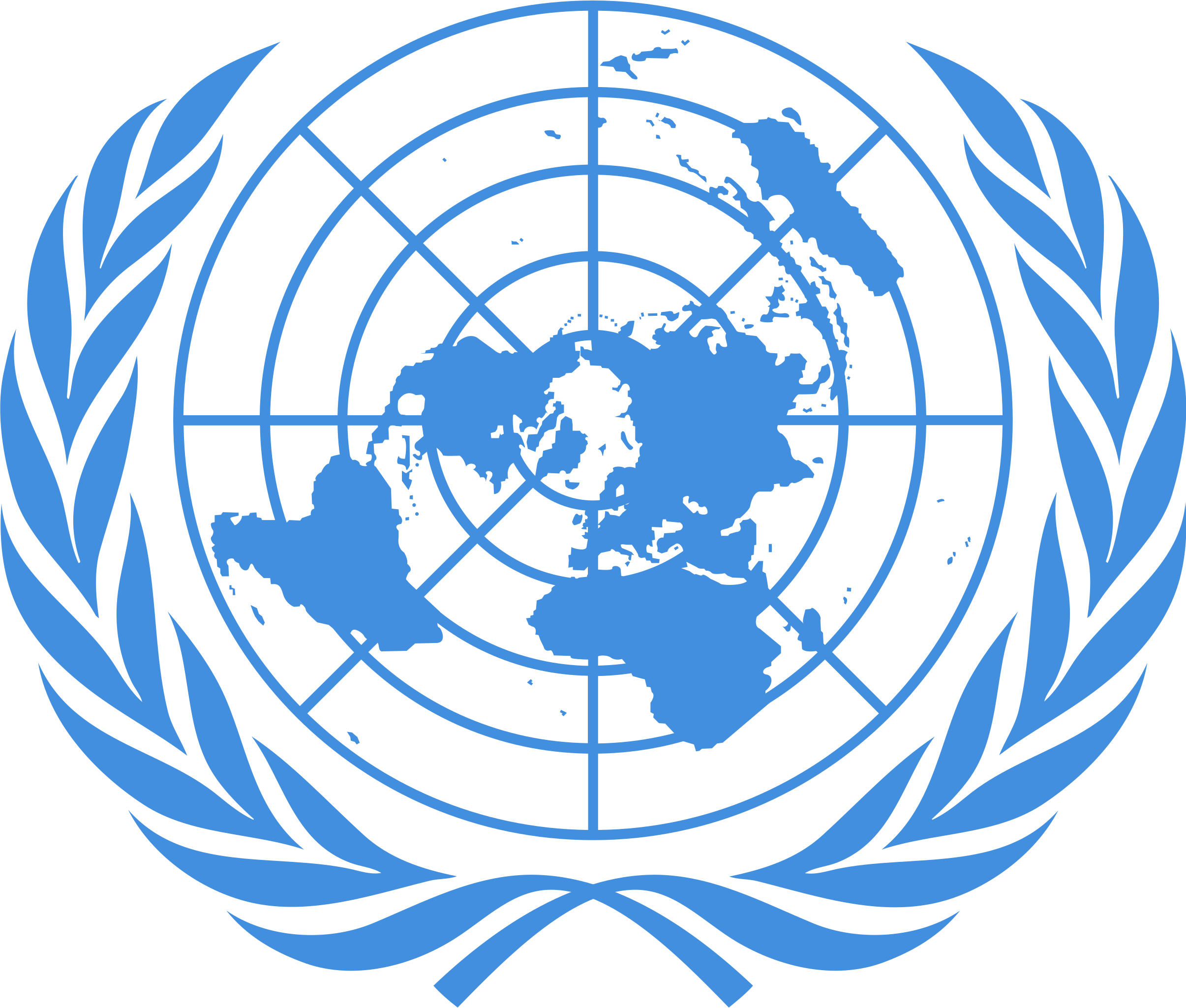 联合国
联合国
